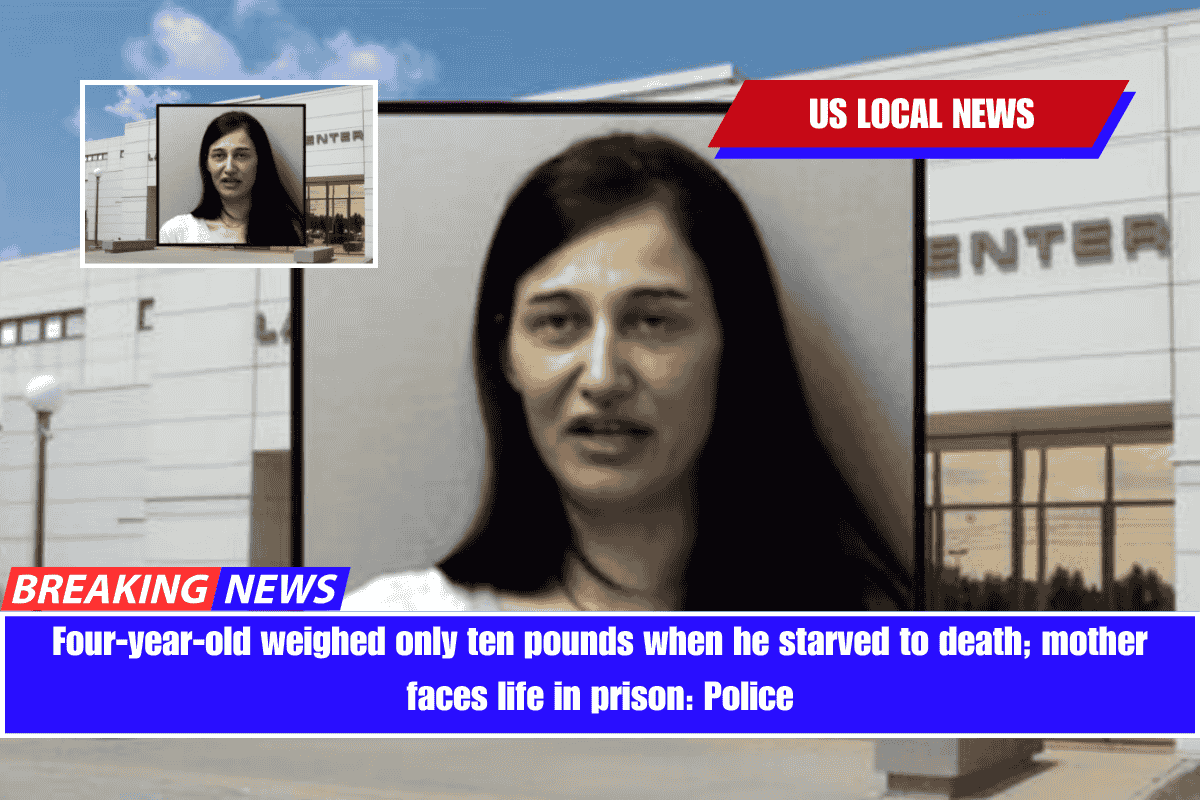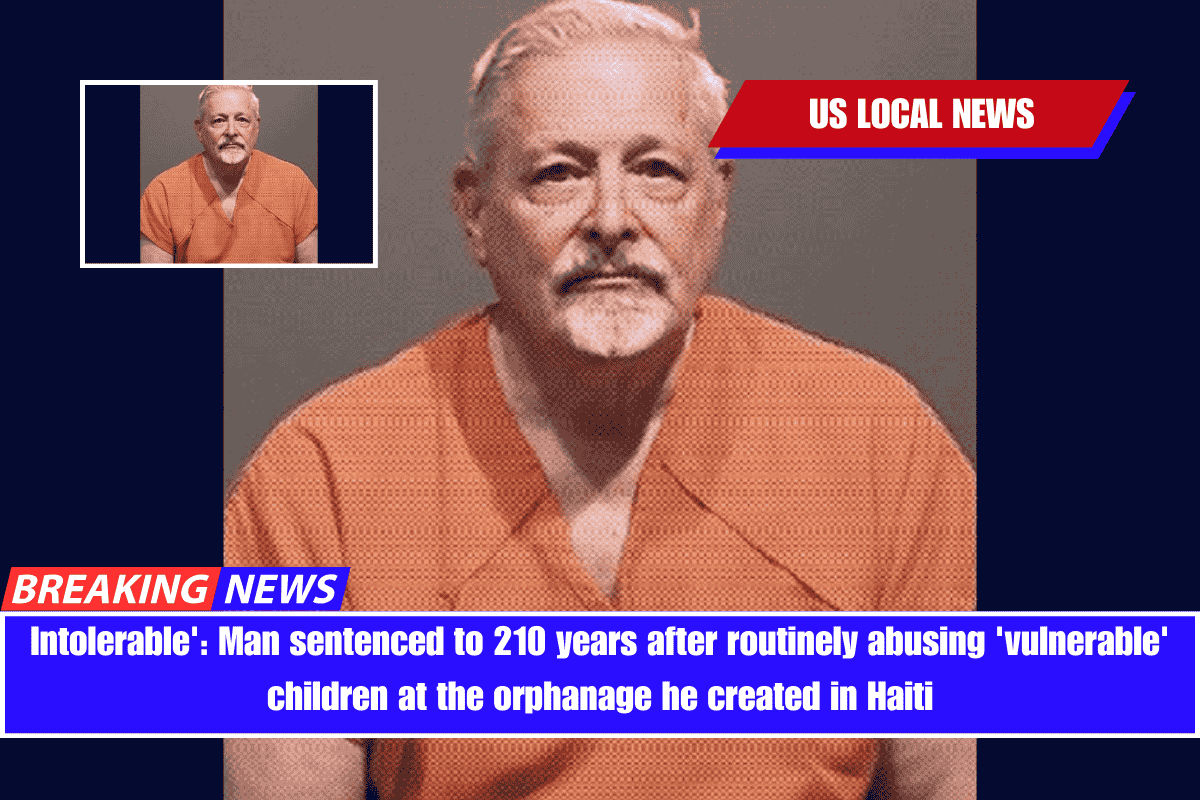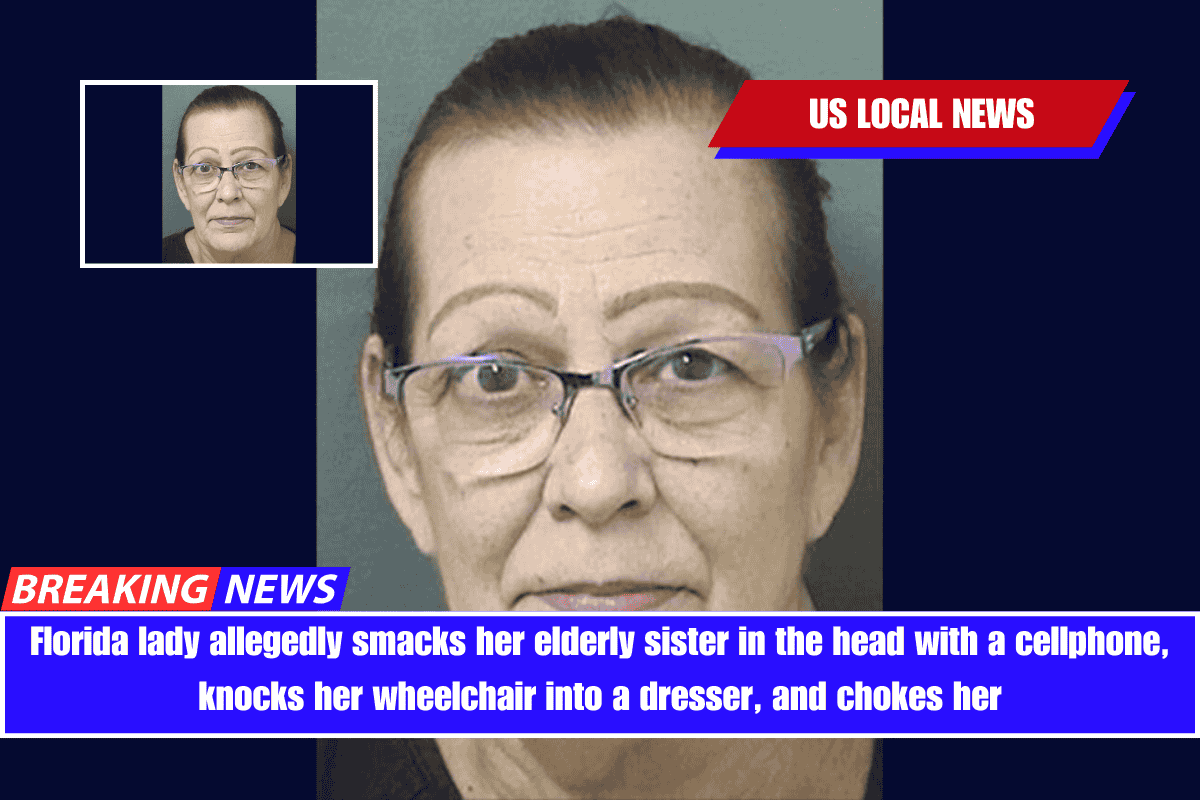The measles outbreak in western Texas has now grown to 400 cases, with 73 new cases reported in the last three days, according to the Texas Department of State Health Services (DSHS). Most of the people affected are unvaccinated or have an unknown vaccination status.
Children Are the Most Affected
Health officials say that:
- Children aged 5 to 17 make up the largest group with 164 cases
- Children aged 4 and under account for 131 cases
- At least 41 people have been hospitalized so far
This highlights how vulnerable children are when they are not vaccinated against measles, a highly contagious virus.
Measles Spreading in Other States Too
So far in 2025, the CDC (Centers for Disease Control and Prevention) has confirmed 483 measles cases in 19 states, including:
- Texas, Florida, California, New York, and Ohio
- And others like Vermont, Georgia, Maryland, and Michigan
The actual number could be higher, as not all cases are reported right away.
Concerns Over Vitamin A Use
Some reports now say that unvaccinated children treated with vitamin A during this outbreak are showing signs of vitamin A toxicity.
Vitamin A is recommended by the World Health Organization (WHO) to support treatment for measles after infection, especially in children who may have low vitamin A levels. However:
- It does not prevent measles
- It does not cure the infection
Still, some parents have been giving vitamin A to children as both a prevention and treatment, which doctors say is dangerous if overused.
Doctors at Covenant Children’s Hospital in Texas say a few children have shown abnormal liver function, a sign of vitamin A overdose. In some cases, vitamin A toxicity can cause liver and kidney damage.
Vaccine Hesitancy Behind the Outbreak
The majority of people affected in this outbreak are unvaccinated:
- 97% of national measles cases are in unvaccinated people or people with unknown vaccination history
- Only 1% are people who had received just one dose, and 2% had the full two doses
In Gaines County, Texas — the center of the outbreak — vaccine exemptions among kindergartners have more than doubled in the last 10 years:
- In 2013: About 7.5% of parents filed exemptions
- By 2023: That number rose to 17.5%
This is one of the highest exemption rates in the entire state
Government Response and Vaccine Skepticism
Health and Human Services Secretary Robert F. Kennedy Jr., known for his vaccine skepticism, recently claimed that vitamin A can “dramatically reduce” measles deaths. However, experts strongly disagree, saying the focus should remain on vaccination, not unproven treatments.
Despite Kennedy’s claims, the CDC and the American Academy of Pediatrics continue to recommend vaccination as the most effective protection against measles.
What the CDC Recommends
The CDC guidelines for measles vaccination are:
- First dose of MMR vaccine (Measles, Mumps, Rubella) at 12 to 15 months
- Second dose between 4 and 6 years
One dose is 93% effective, and two doses are 97% effective in preventing measles.
Most adults who received both doses as children do not need a booster.
The growing number of measles cases in Texas and across the U.S. shows the real risk of skipping vaccinations. While treatments like vitamin A may help manage symptoms in some cases, they do not replace vaccines.
Public health officials are urging parents to vaccinate their children and help stop the spread of measles before more lives are affected.


















Leave a Reply